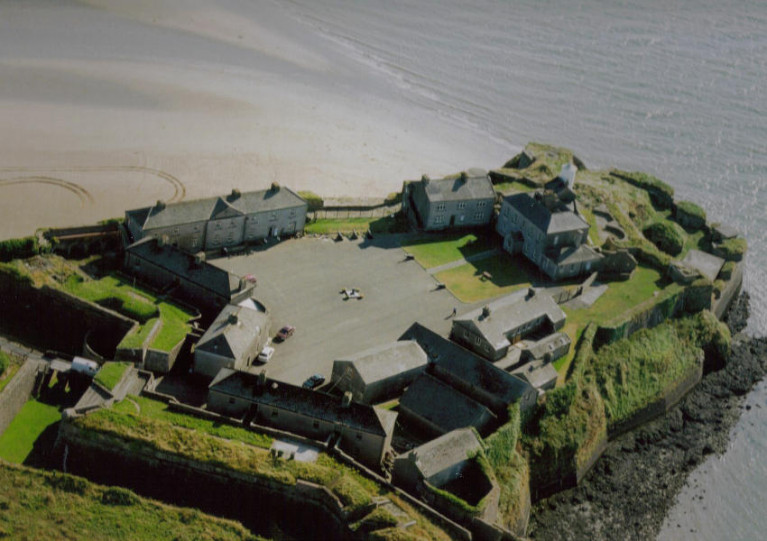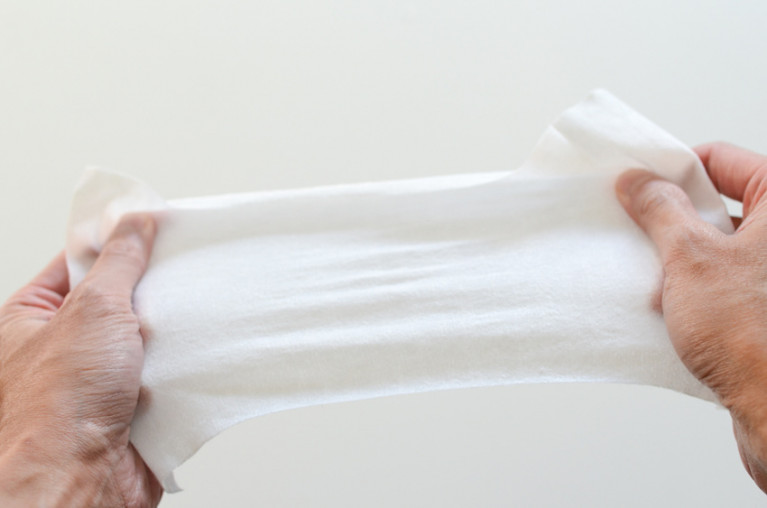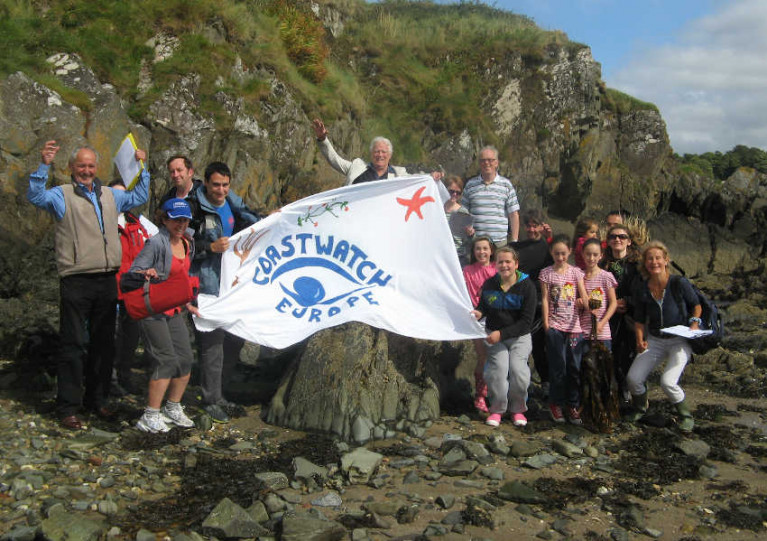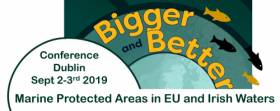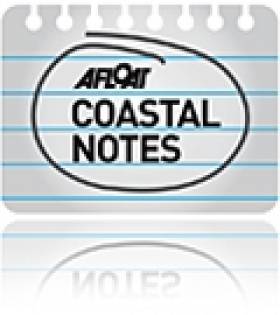Displaying items by tag: Coastwatch Ireland
Ireland’s Heritage Minister recently got a first-hand look at the dedication of volunteers in Co Wexford involved in this year’s Coastwatch Ireland coastal survey, which concluded earlier this month.
Today, Sunday 25 October, is the last day to submit data for this year’s autumn survey.
As the Gorey Guardian reports, Malcolm Noonan TD was at Duncannon Fort to learn about the importance of the Waterford Estuary — as well as management and fisheries plans for the area.
These would involve local fishermen returning to “heritage fishing gear and methods” in efforts to sustainably manage a key resource in Ireland’s South East.
The estuary has been a key issue for Coastwatch Ireland, which earlier this year welcomed a High Court decision to ban dredging for razor shells without a proper environmental assessment.
The Gorey Guardian has much more on the story HERE.
Warning Over Wet Wipes ‘Spreading Covid-19 Via Ireland’s Waters’
Improper disposal of wet wipes could cause the coronavirus to spread via Ireland’s recreational waters, it’s being claimed.
The Green News reports on Coastwatch Ireland’s warning over the use of wet wipes, which are linked to around 90% of wastewater overflows as households flush them instead of binning them.
With a much larger volume of such wipes being used, both in the bathroom and to keep surfaces clean in homes amid the Covid-19 outbreak, there are fears that treatment plants and septic tanks could be pushed past their limits and spread the virus.
The Green News has more on the story HERE.
There has been a dramatic halving in the number of drinks containers littered around Ireland’s coastline.
But the dumping of tyres to trap crabs for angling bait is among the persisting issues noted in the latest Coastwatch Ireland survey report, according to the Irish Examiner.
And plastic bottles remain a “peak litter item”, being found at nearly three-quarters of the more than 500 survey areas combed by citizen science volunteers as part of the annual Coastwatch Ireland survey last autumn.
Waste from aquaculture, fishing and angling activity was recorded at a majority of sites, while metal cans, cigarette butts and the plastic sticks from cotton buds were also identified as problem litter items.
The Irish Examiner has more on the story HERE.
Trinity Conference To Discuss Ireland’s ‘Poor Performance’ On Marine Protected Areas
The global climate crisis and how it relates to biodiversity and ocean protection is a big topic for discussion at a two-day conference in Trinity College Dublin which starts tomorrow (Monday 2 September).
The ‘Bigger and Better’ Marine Protected Area Conference is co-hosted by Coastwatch Ireland and the Irish Wildlife Trust (IWT), who highlight that Ireland has protected only a fraction of its waters as pledged by 2020.
It will bring together Government officials with international speakers and experts to explore the reasons for Ireland’s “poor performance” when it comes to protecting our seas.
“Ireland is a laggard in providing the protections required to restore our ocean’s health,” said IWT campaign officer Pádraic Fogarty.
“MPAs [Marine Protected Areas] are now widely applied across the world as a tool in protecting biodiversity and ocean ecosystems.
“As an island nation we really should be at the forefront of this effort – not at the back of the class.”
Ireland's Coastal Connection Set To Change Under New Foreshore Bill
#CoastalNotes - The new Foreshore Bill is set to "radically change" Ireland's relationship with our coast, according to Coastwatch Ireland co-ordinator Karin Dubsky.
As The Irish Times reports, Dubsky was speaking at the launch of the 2014 Coastwatch Survey, welcoming the new bill that will see responsibilities for coastal management transferred to local authorities.
Previously, the Foreshore and Dumping at Sea (Amendment) Bill 2009 had transferred all foreshore licensing functions not associated with aquaculture and sea fishing from the then Department of Agriculture, Fisheries and Food to the erstwhile Department of the Environment, Heritage and Local Government.
Dubsky said the new legislation would give ordinary citizens a chance to shape Ireland's coastal policy via public audits such as the annual month-long Coastwatch Survey.
The Irish Times has more on the story HERE.



























